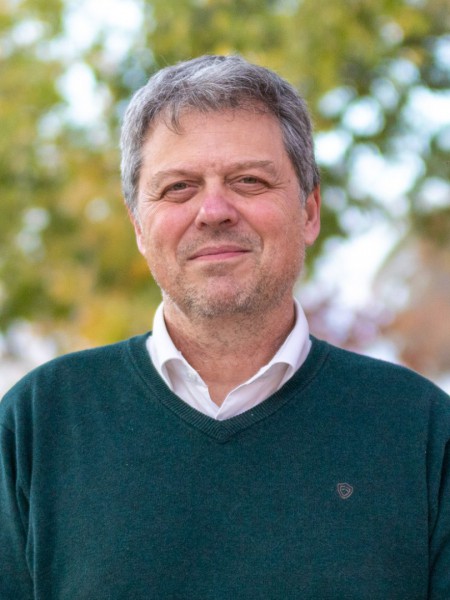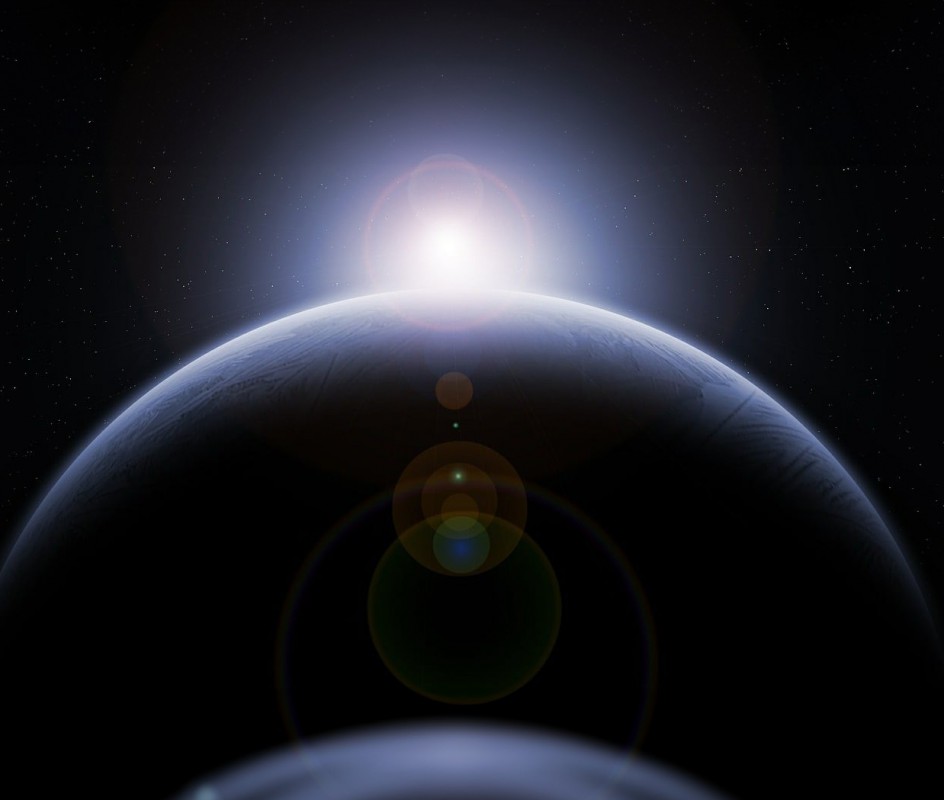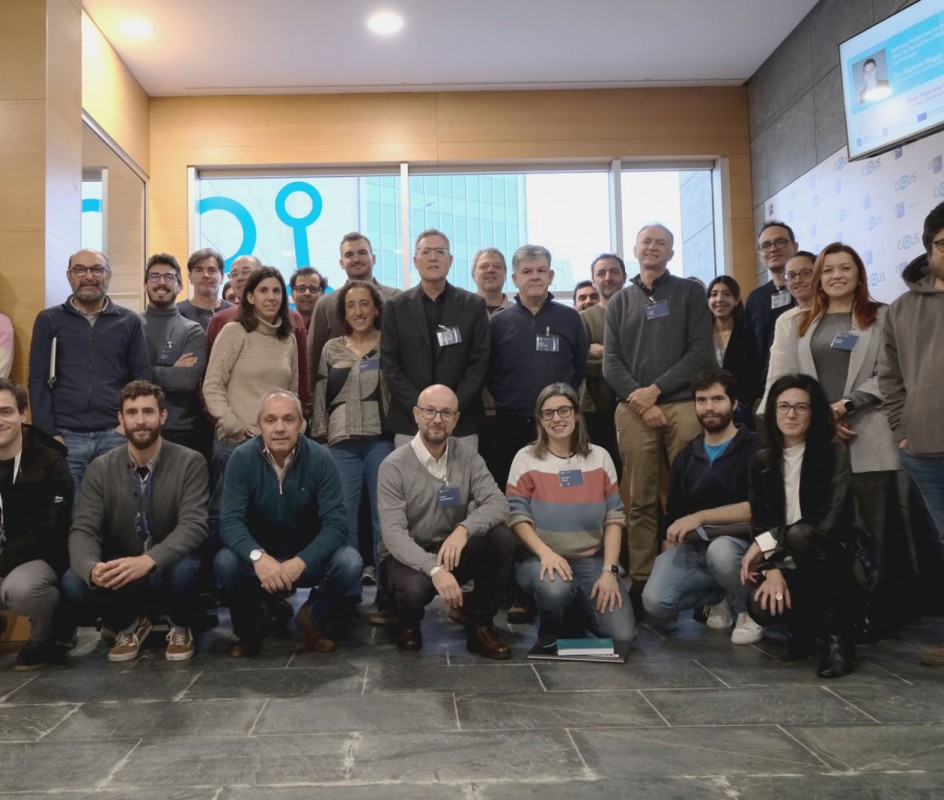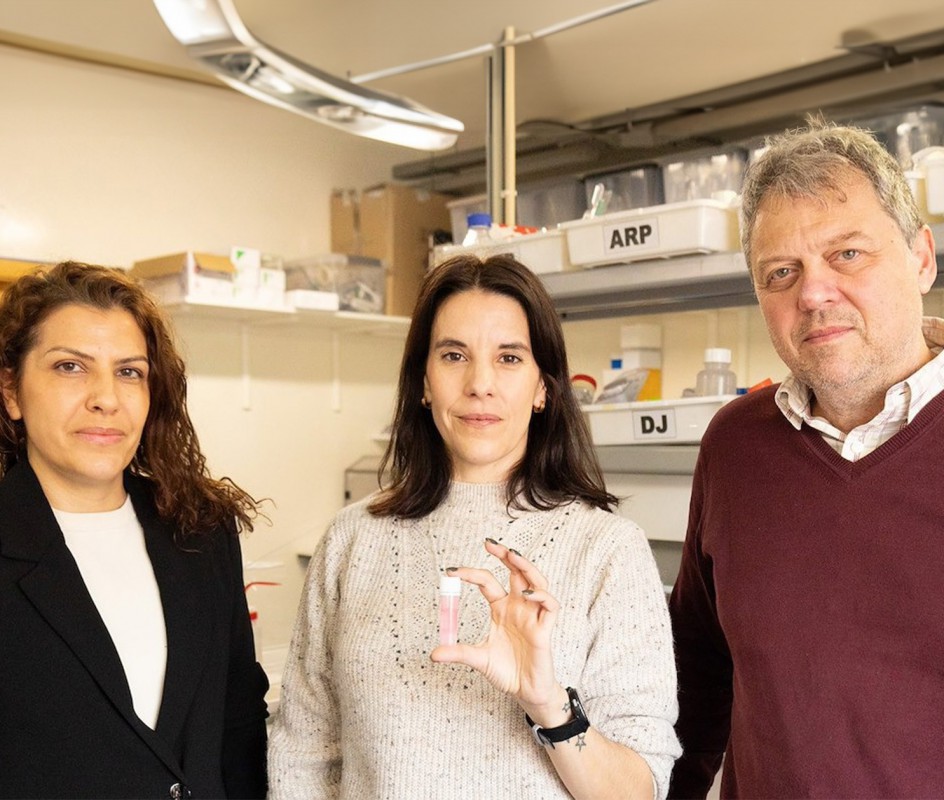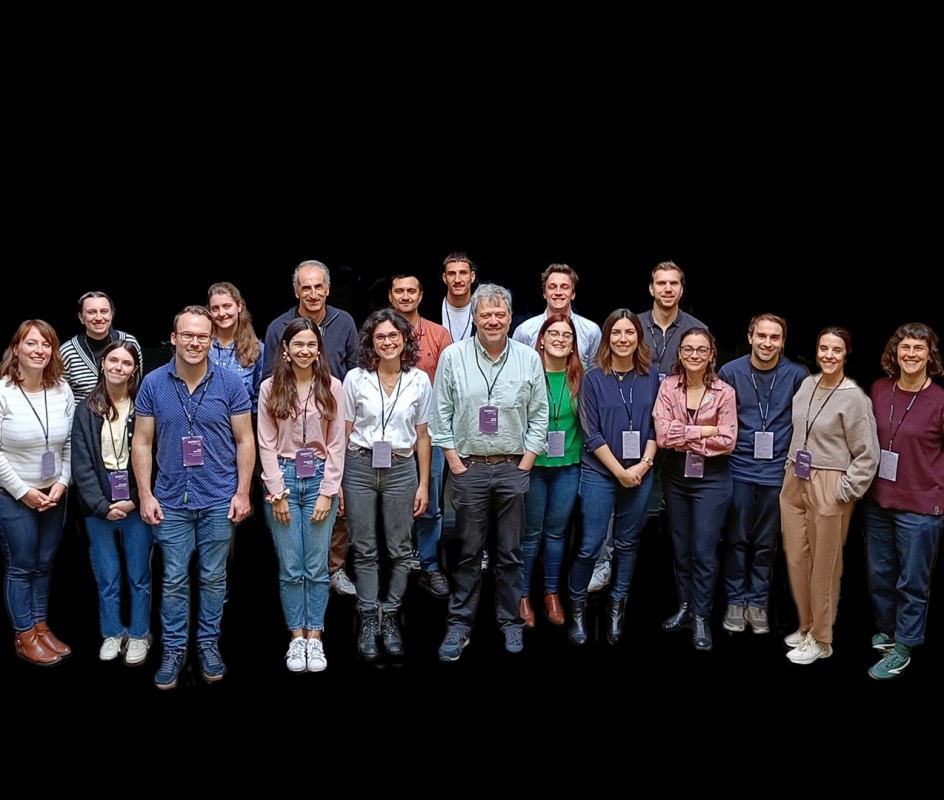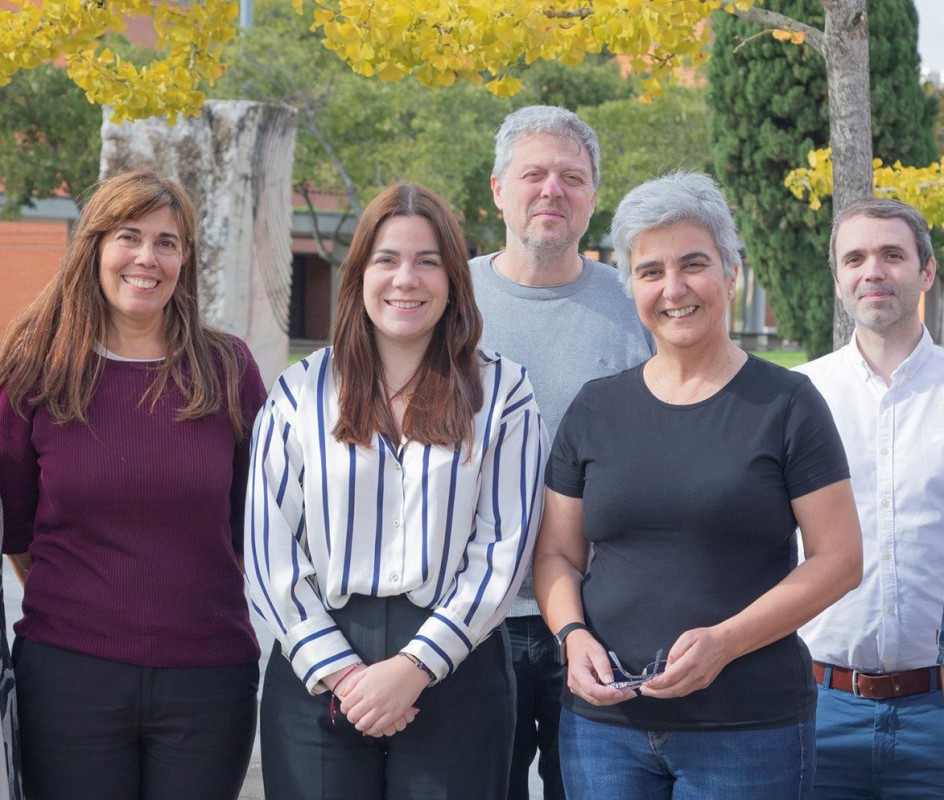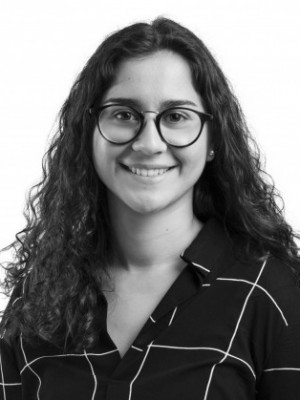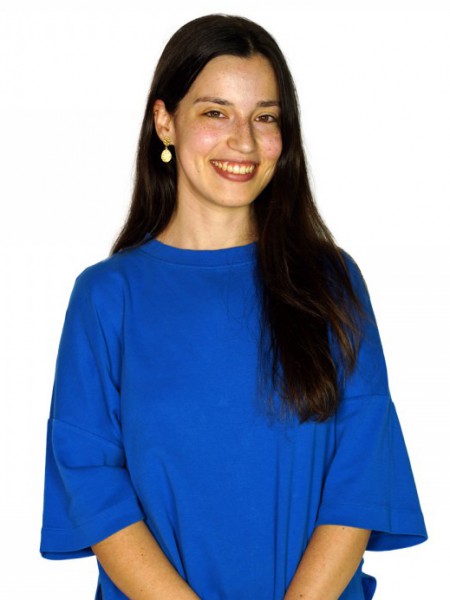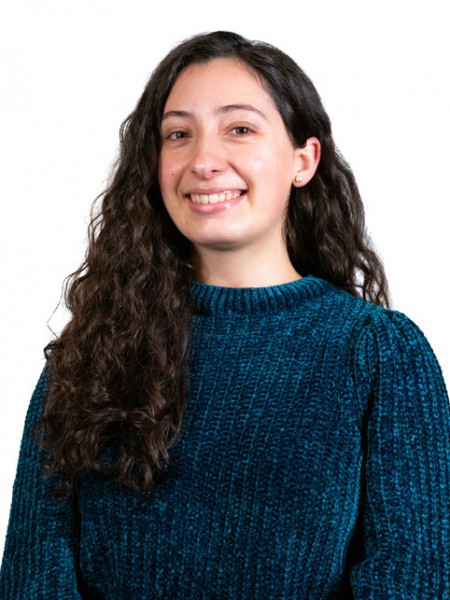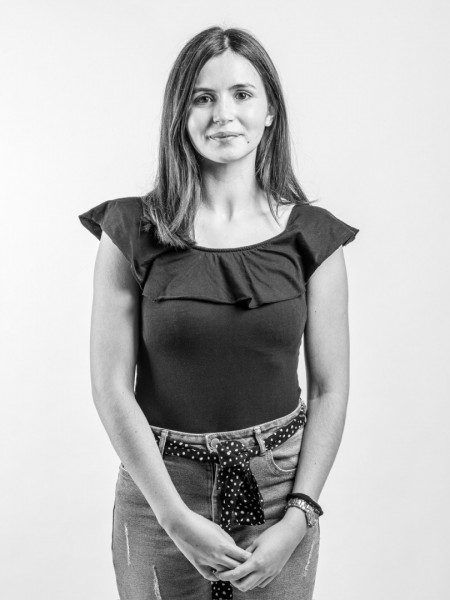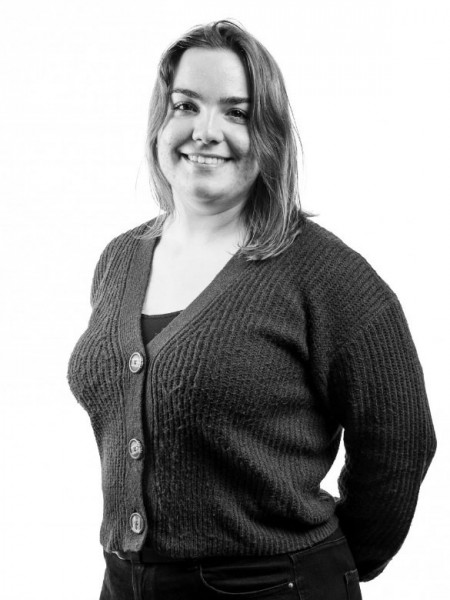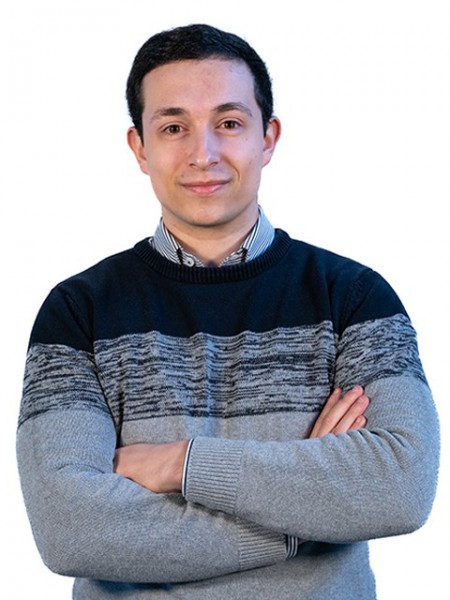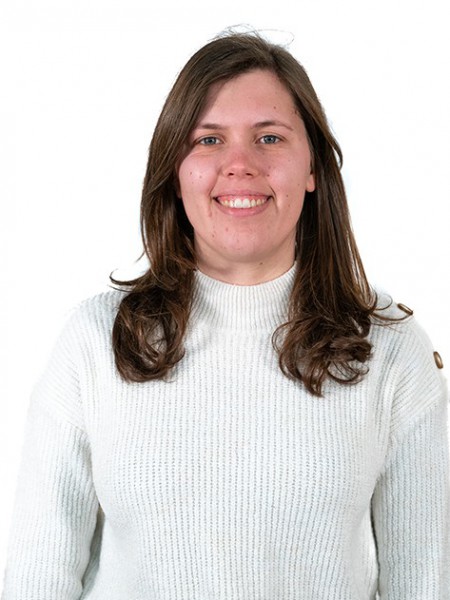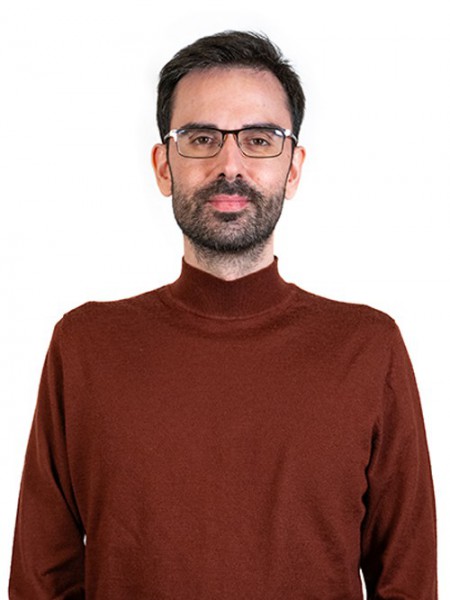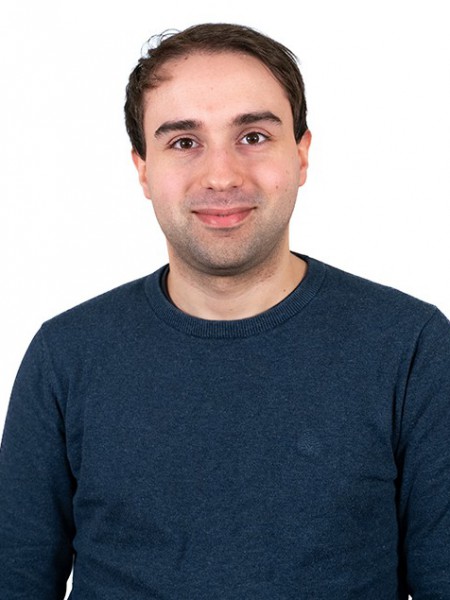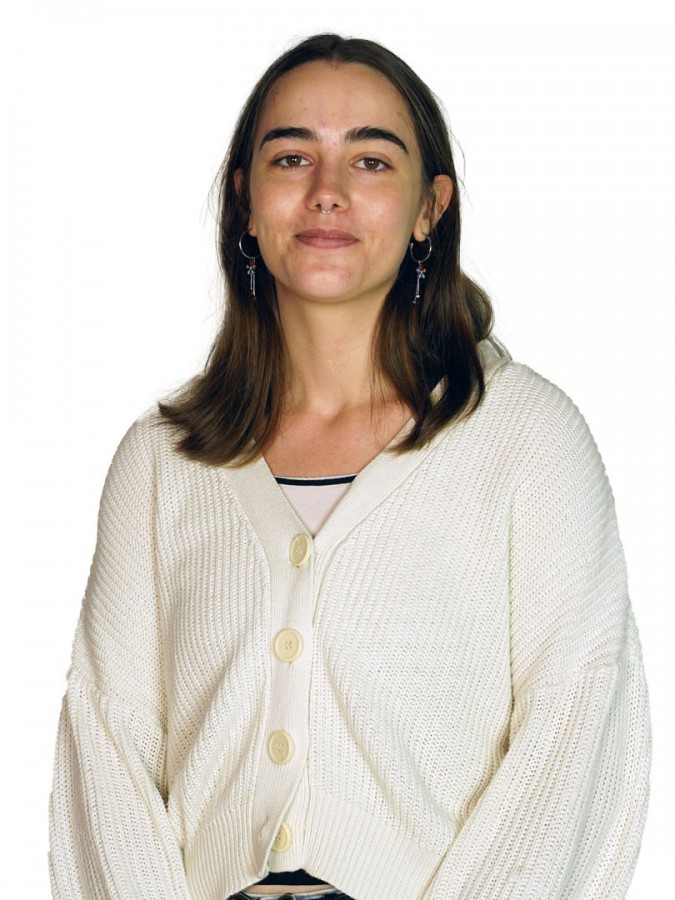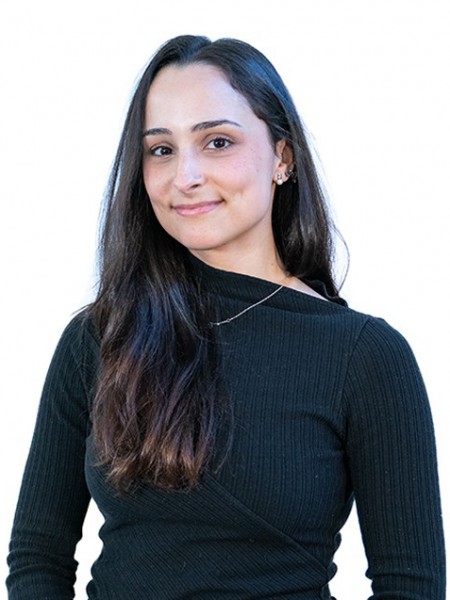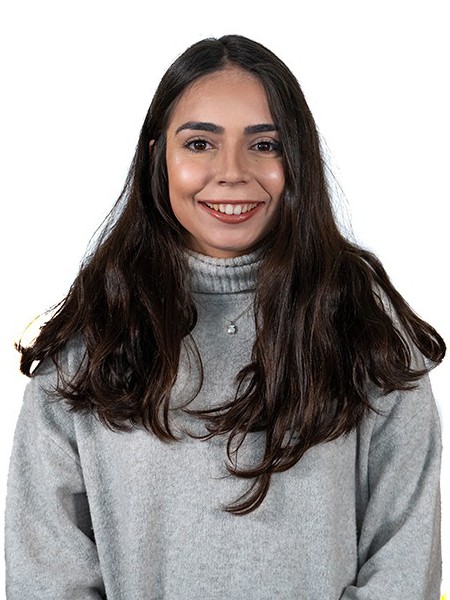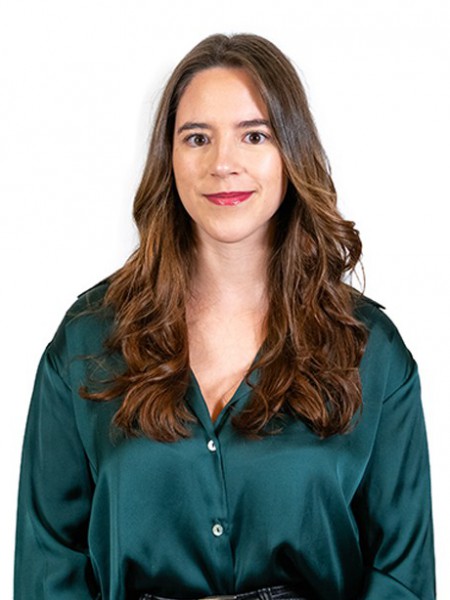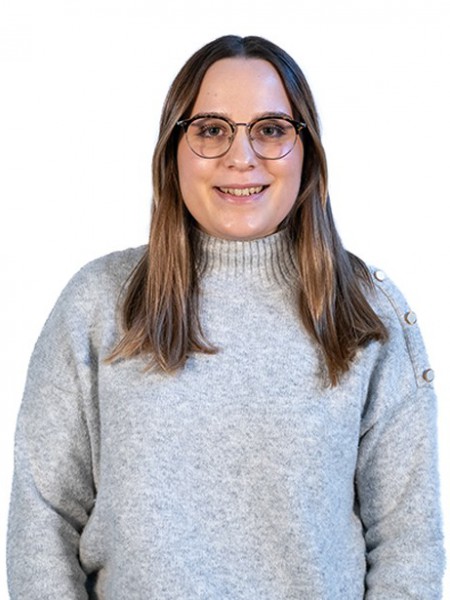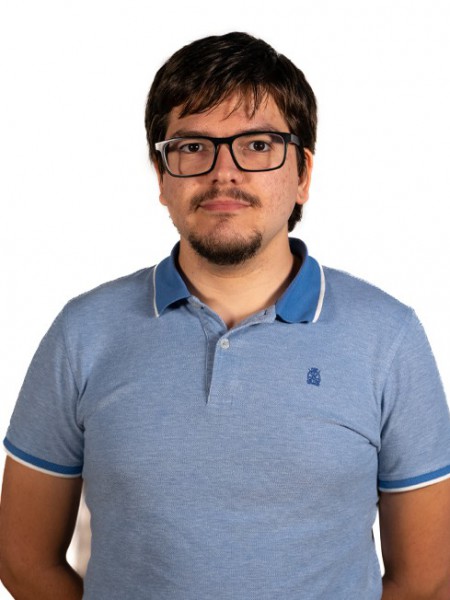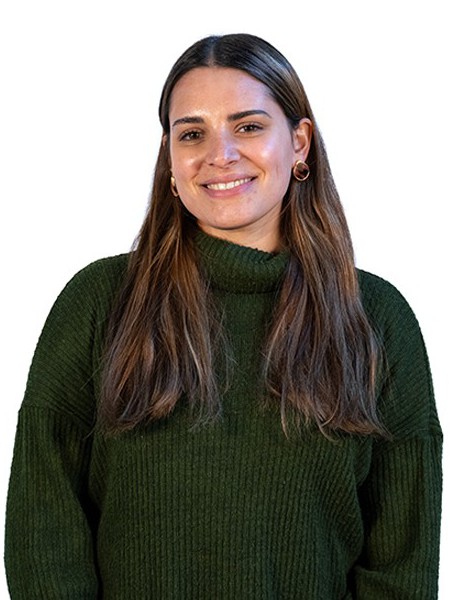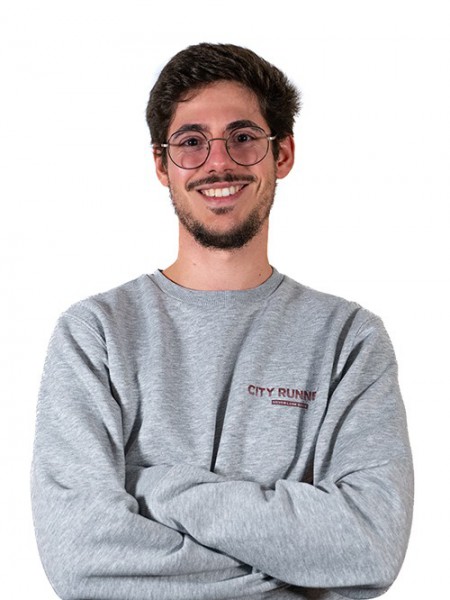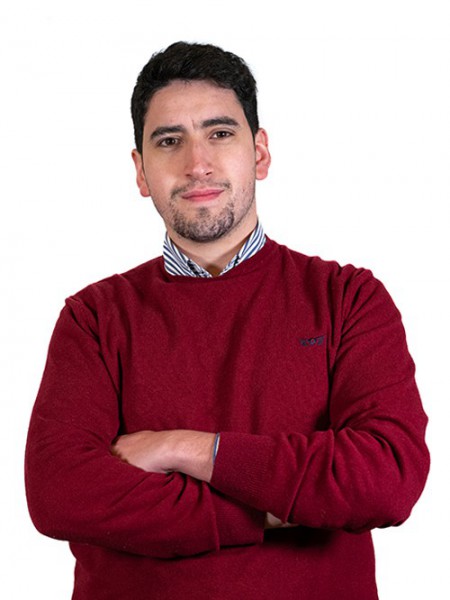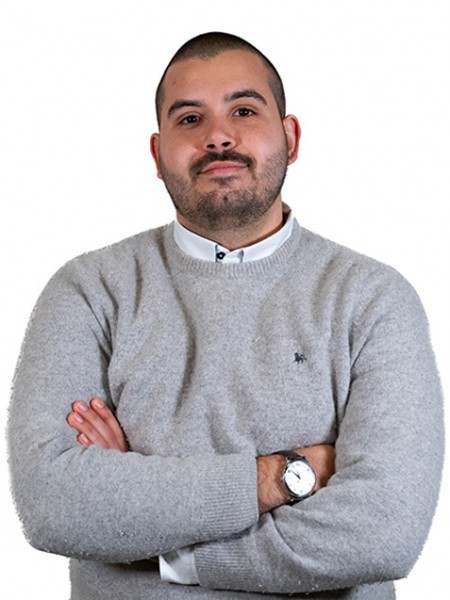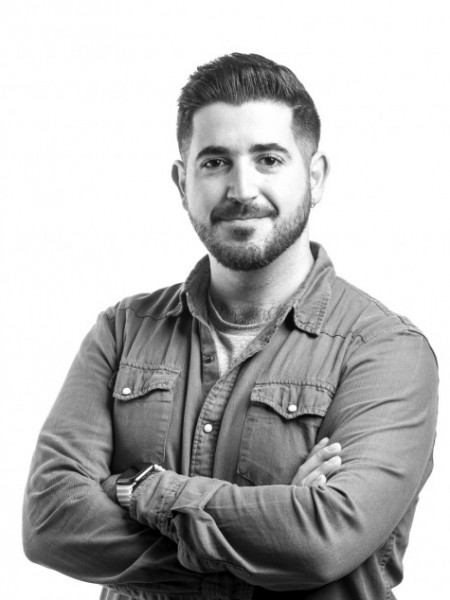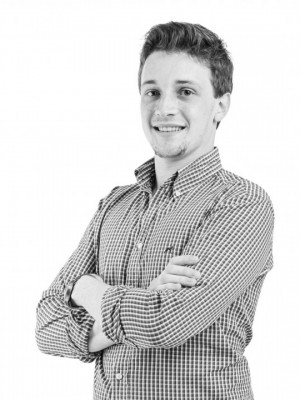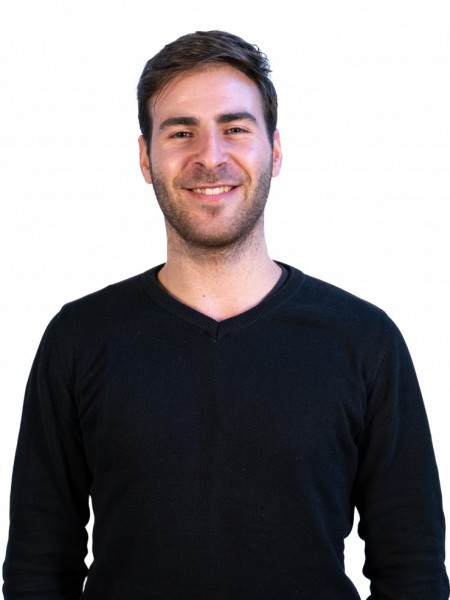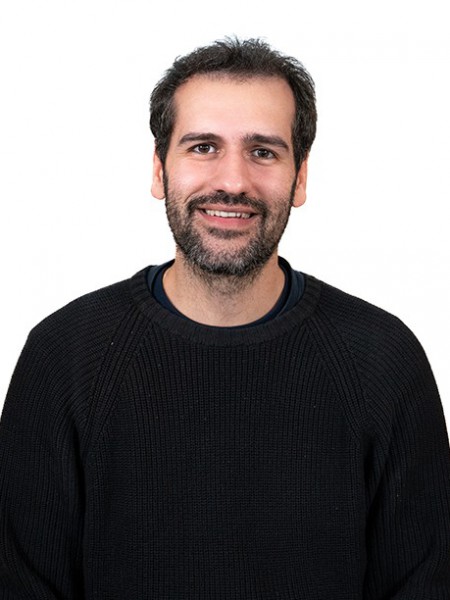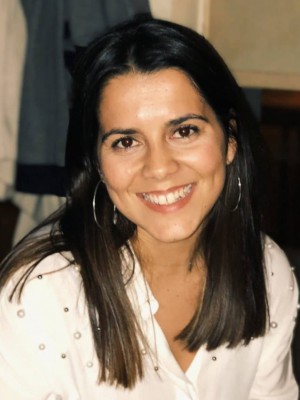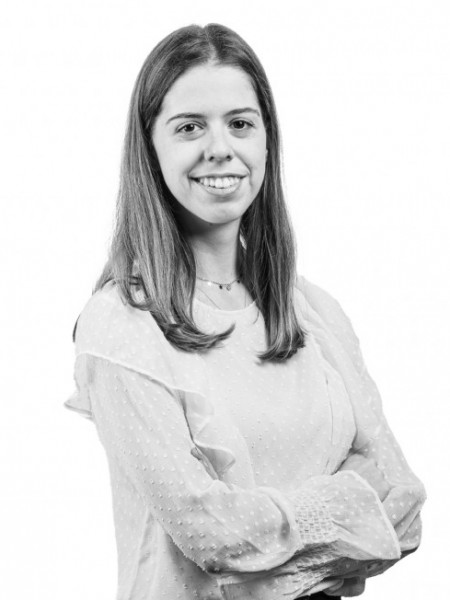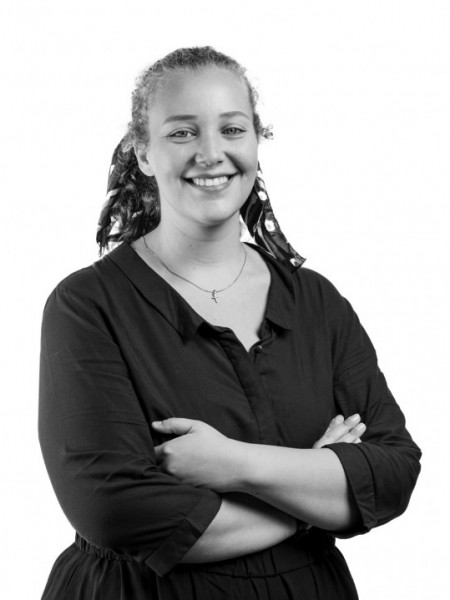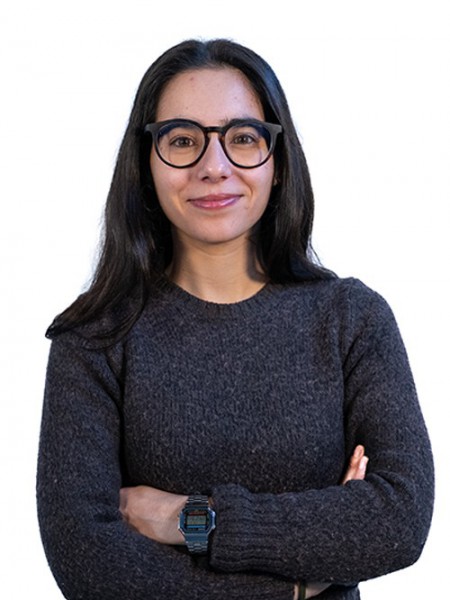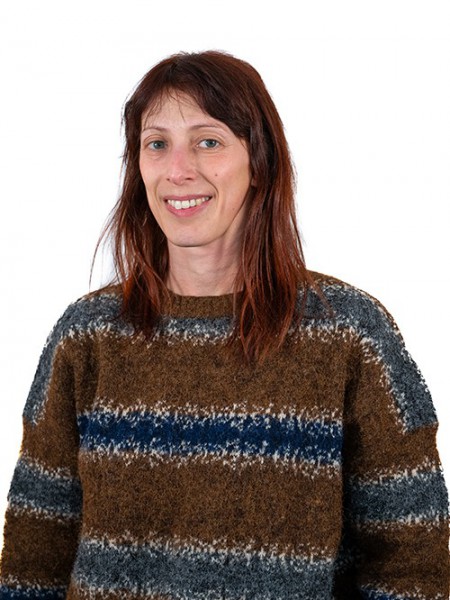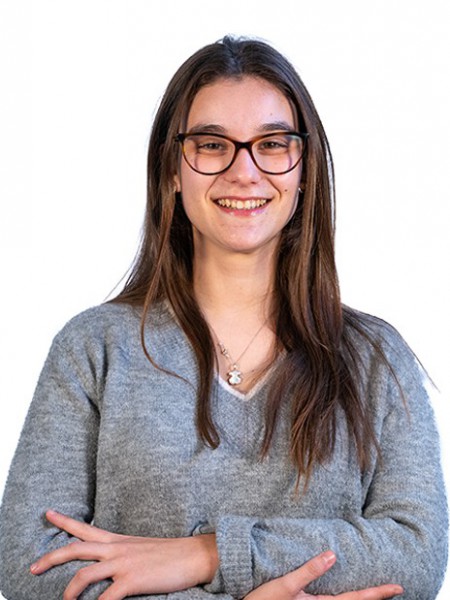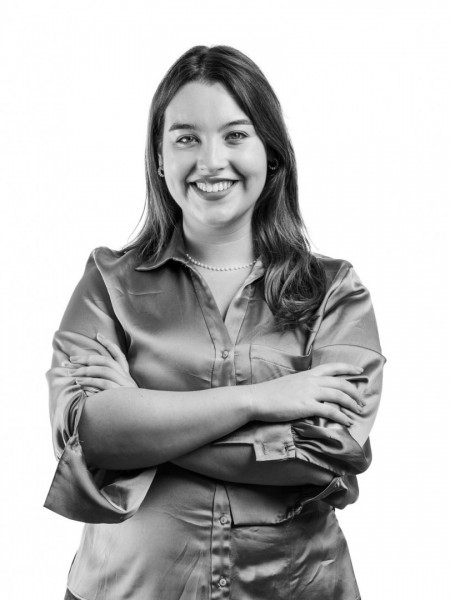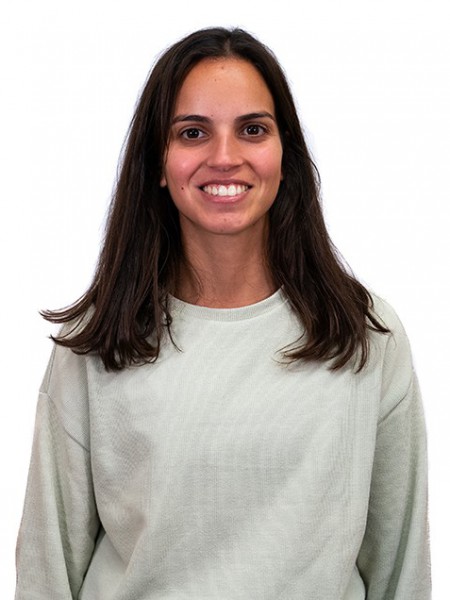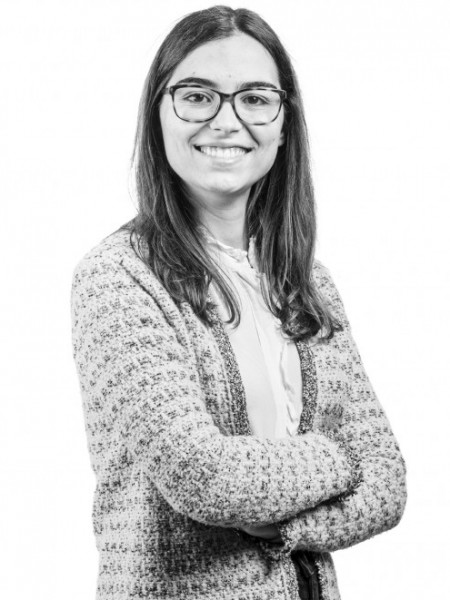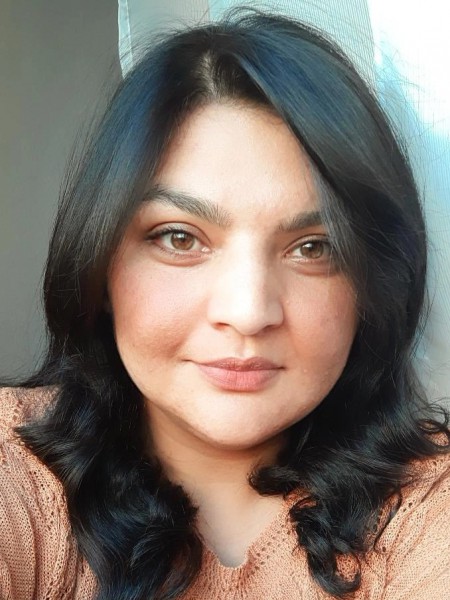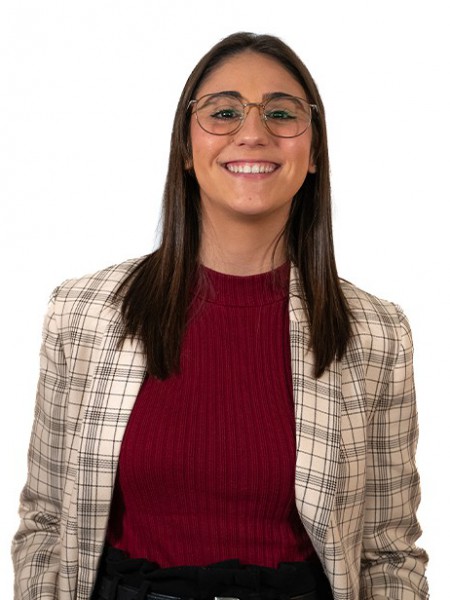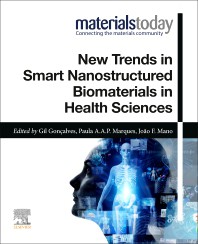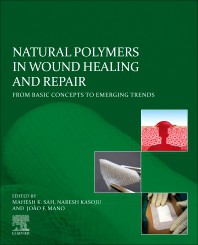Ongoing Supervisions
Projects
3D bioprinting construct for the diminishing of bone tumor and progression of bone tissue regeneration: Diagnosis of phenotyping in the cellular model and screening as a therapeutic platform (TissueEng)
CoordinatorEuropean Comission
Bone tissue engineering offers a promising solution for restoring damaged bone tissue. However, current methods face limitations in creating disease models for identifying target genes in tumour recurrence, which hinders the development of preclinical strategies. In this context, the EU-funded TissueEng project aims to use 3D bioprinting to deve...A bioprinting platform for the rapid, reliable, controlled and quantifiable patterning of cellular aggregatesand microtissues into macroscale regenerative grafts with programmable architectures (m2M)

Local CoordinatorEuropean Comission
A fundamental limitation with current approaches aiming to bioprint tissues and organs is an inability to generate constructs with truly biomimetic composition and structure, resulting in the development of engineered tissues that cannot execute their specific function in vivo. This is perhaps unsurprising, as many tissues and organs co...Associated Laboratory CICECO-Aveiro Institute of Materials (LA/P/0006/2020)
PartnerFundação para a Ciência e a Tecnologia
Development of a multifunctional biomaterial patch for buccal delivery of peptide-analogue treatments (BUCCAL-PEP)
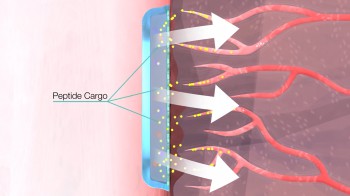
Local CoordinatorEuropean Comission
Oral delivery of peptide macromolecules represents significant challenges for pharmaceutical research, including low bioavailability, dosage control and undesirable food interactions. The intention of the EU-funded BUCCAL-PEP project is to develop a technological platform for oromucosal delivery suitable for a broad range of peptide-ana...Full human-based multi-scale constructs with jammed regenerative pockets for bone engineering (REBORN)
CoordinatorEuropean Comission
Engineered bone tissue has many advantages over natural bone grafts, including safety and limitless supply. However, current engineering methods cannot generate large vascularised grafts capable of in vivo integration and remodelling. To address this problem, the EU-funded REBORN project proposes to combine biomaterials based on protein...Human Platelet Lysates-based Scaffolds for Interfacial Multi-tissue Repair (INTERLYNK)
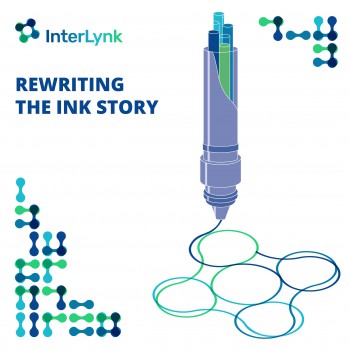
CoordinatorEuropean Comission
InterLynk aims to develop multi-tissue 3D patient-specific scaffolds by providing a portfolio of highly compatible and biofunctional composite inks and biomaterials, and streamlining their co-processing using an upgraded AM equipment. Unprecedented biofunctionality in the synthetic reconstruction of complex interfacial tissues is expect...Hybrid living bioengineered hierachical constructs with self-oxygenating capability for bone engineering (O2CELLS_2)
CoordinatorEuropean Comission
Advances in tissue engineering aim to revolutionise tissue repair and regeneration through 3D scaffolds with encapsulated cells. However, the architecture and composition of these hybrid constructs are compromised by inadequate oxygen and nutrient flow. Funded by the HORIZON programme, the O2CELLS project aims to combine natural biomate...Hybrid living bioengineered hierarchical constructs with self-oxygenating capability (O2CELLS)
CoordinatorFundação para a Ciência e a Tecnologia
Tissue engineering (TE) has emerged as an alternative solution aiming to provide a surplus of temporary structural supports at the defect site until native tissue is endogenously regenerated and normal function is restored. Although progresses have been made in the last 20 years, it is not yet possible to address all the complexity and (multi)fu...Innovative tools to treat and model complex cancer environments (TheraTools)
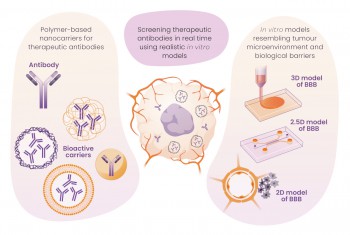
Local CoordinatorEuropean Comission
Funded by the Marie Skłodowska-Curie Actions programme, the TheraTools project will create a multidisciplinary research and training network to focus on the technological development of scientific tools to study malignant tumours localised beyond a biological barrier, as in the case of brain tumours. The TheraTools consortium will provi...Merging Sustainable and Digital Chemical Technologies for The Development of Greener-Bydesign Pharmaceuticals (SusPharma)

Local CoordinatorEuropean Comission
Safe- and green-by-design are pre-market design approaches whereby the objectives of minimizing the use of hazardous chemicals, reducing greenhouse gas emissions, and fostering the reuse and recycling of materials in a circular economy are built into product design. SUSPHARMA fits the European need for sustainable development in modern ...Metabolite-activated 3D stem cell differentiation into bone (BetterBone)
PartnerFundação para a Ciência e a Tecnologia
Strategies involving mesenchymal stem cell (MSC) osteogenic differentiation have emerged as promising tools in regenerative medicine. These work by either promoting in situ regeneration, or through newly-fabricated tissue grafts, potentially overcoming clinical complications related to more conventional therapies. However, bioengineered ...Plankton-like Protocells for Artificial Photosynthesis Targeting Carbon-neutral Energy Vectors (PLANKT-ON)
Local CoordinatorEuropean Comission
Global energy demands are continuously rising and necessitate green alternatives to fossil fuels, including wind and solar sources. Funded by the European Innovation Council, the PLANKT-ON project aims to develop a net-zero emissions technology inspired by nature that releases oxygen into the atmosphere and simultaneously produces formate as a p...PRInted Symbiotic Materials as a dynamic platform for Living Tissues production (PRISM-LT)
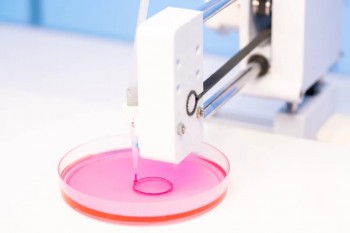
Local CoordinatorEuropean Comission
The EU-funded PRISM-LT project will use a hybrid living materials concept to create a flexible platform for living tissue manufacturing. The innovative bio-ink will contain stem cells integrated into a supporting matrix with engineered helper bacteria or yeast cells. The bioprinting process will produce a 3D patterned structure where st...3D cells colonization in marine-derived hydrogels through controlled micro-channels patterning for bone repair (PROMENADE)
PartnerFundação para a Ciência e a Tecnologia
magnetic; 3D cell colonization; hydrogelA bioactivated nano-layered hydrogel for dermal regeneration in hard-to-heal ulcers (BioNaNor)
Local CoordinatorOther International
Several strategies have been developed to restore dermal function. These include collagen membranes, decellularized dermis from donors or synthetic graft alternatives. So far, these approaches have been unreliable at best and auto-grafts and transplants (that both create their own problems with donor site morbidity, risk for disease transfer and...Advancing the Regenerative and Translational Potential of Cellular Fibers (CellFi)
PartnerFundação para a Ciência e a Tecnologia
Mesenchymal Stem Cells Scaffold-free Cellular Fibers RegenerationBioengineered autonomous cell-biomaterials devices for generating humanised micro- tissues for regenerative medicine (ATLAS)
CoordinatorEuropean Comission
New generations of devices for tissue engineering (TE) should rationalize better the physical and biochemical cues operating in tandem during native regeneration, in particular at the scale/organizational-level of the stem cell niche. The understanding and the deconstruction of these factors (e.g. multiple cell types exchanging both paracrine an...Bioinspired tile-matching to create ultrastructured bone microtissues in a close-to-native fashion (TETRISSUE)
PartnerFundação para a Ciência e a Tecnologia
The driving force behind TETRISSUE is inspired in the fundamentals of the native bone regenerative process and supported by a strong technological character to produce highly vascularized ultrastructured bone replacements. Its innovative character is mainly related with the integration of key elements working in tandem: (1) bioinstructi...Biorrefinaria de microalgas Coccolithophore: uma abordagem para biomateriais sustentaveis (Coccolitho4BioMat)
PartnerFundação para a Ciência e a Tecnologia
BlueGlue: Bioinspired medical adhesives from marine macroalgae derived biopolymers (BLUEGLUE)
CoordinatorOther National
BLUEGLUE project aims to value and promote the sustainable and controlled production of macroalgae, a way that they can be certified and used into the development of products with high added value (biomedical products). The project is aligned with the structures of the circular and biological economy and aims to provide a boost to the emerging i...Cápsulas esféricas multicompartimentalizadas de alto rendimento para a transplantação de co-culturas multimodais de células estaminais derivadas do tecido adiposo e ilhotas pancreáticas. (TranSphera)
PartnerFundação para a Ciência e a Tecnologia
CICECO - Aveiro Institute of Materials (UIDP/50011/2020)
PartnerFundação para a Ciência e a Tecnologia
CICECO - Aveiro Institute of Materials (UIDB/50011/2020)
PartnerFundação para a Ciência e a Tecnologia
CIRCUS - Directing Bone Dynamics Through The Synergistic Action Of Immune Cells With Bioengineered Cell Microfactories Containing Patterned Microplatforms (CIRCUS)
PartnerFundação para a Ciência e a Tecnologia
Desenvolvimento de hidrogeis de inspiracao marinha multifuncionais e de elevado desempenho para regeneracao de cartilagem, reticulados com ligacoes nao-covalentes e bio-instrutivas deslizantes. (MARGEL)
CoordinatorFundação para a Ciência e a Tecnologia
Desenvolvimento de uma membrana periodontal multicamada composta por blocos inovativos a base de polimeros de origem marinha e enzima para regeneracao guiada de osso que possui mineralizacao enzimatica controlada. (MIMETIc)
PartnerFundação para a Ciência e a Tecnologia
Development of 4D wireless thermometry to target tumor ablation (PTDC/NAN-MAT/3901/2020)
PartnerFundação para a Ciência e a Tecnologia
Thermography Magnetic Nanoparticles Induced Hyperthermia BioprintingDispositivos Supramoleculares Auto-Regulados baseados na Complementaridade dos Pares de Base do ADN: Uma Tecnologia Biomimética e com Reconheciemnto Molecular para Isolar Células Específicas para Aplicações Biomédicas (SUPRASORT)
PartnerFundação para a Ciência e a Tecnologia
Enabling precision chemical methodologies applied to natural -based systems for the development of multifunctional biomedical devices (CHEM2NATURE)
Local CoordinatorEuropean Comission
CHEM2NATURE addresses current limitations of UMINHO in the Chemistry field regarding its scientific know-how and partnerships with world-leading institutions. UMINHO seeks to improve the multifunctionality of natural-origin polymers, often with limited bioactivity and stimuli-responsiveness, and increase the performance of cell-based therapies. ...European Network of Bioadhesion Expertise: Fundamental Knowledge to Inspire Advanced Bonding Technologies (COST Action CA15216)
Local CoordinatorEuropean Comission
Many organisms, ranging from bacteria and fungi to those much larger animals and plants use chemical and mechanical means to attach permanently or temporarily to surfaces. Some bioadhesives have advantages over synthetic counterparts in terms of their ability to function over a wide temperature range, in wet or dry environments, and to form stab...Extracellular matrix derived products from human placenta to engineer bone microtissues for in vitro disease models (AMNIOGEL)
CoordinatorEuropean Comission
Hidrogéis de Lisados de Plaquetas para Regeneração do Miocárdio (BEAT)
PartnerFundação para a Ciência e a Tecnologia
Human based bioinks to engineer physiologically relevant tissues (HumanINK)
CoordinatorEuropean Comission
Bioprinting techniques, which integrate 3D printing with tissue engineering by using living cells encapsulated in natural or synthetic biomaterials as bioinks, are paving the way toward devising many innovating solutions for key biomedical and healthcare challenges and heralds' new frontiers in medicine, pharmaceutical, and food industries.Human...Hydralazine: Testing an off-label effect in Castration-Resistant Prostate Cancer (HyTherCaP)
Local CoordinatorFundação para a Ciência e a Tecnologia
Prostate cancer (PCa) is one of the most commonly diagnosed malignancies worldwide and a leading cause of cancer-related deaths among men. In Portugal, it is the most incident cancer and the 3rd cause of death (1, 2). Although most of PCa are clinically indolent, a variable proportion of patients develop castration-resistant PCa (CRPC), an aggre...Integrated photonic neuronal probes towards neuromorphic computing (PHEASANT)
PartnerFundação para a Ciência e a Tecnologia
Optical methods have been widely used for stimulation and functional imaging of neural circuits, namely, optogenetics which is a powerful tool for selective excitation or inhibition of specific cell types using light of different wavelengths desirable to stimulate or inhibit a subset of neurons that express the same light-sensitive prot...Marine Origin Biopolymers as Innovative Building Blocks from the Sea for the Development of Bioresorbable Multilayered Membranes for guided bone regeneration (BLUETEETH)
CoordinatorFundação para a Ciência e a Tecnologia
Natural origin polymers from algae and arthropods can be obtained in large scale, and a great effort has been paid to find applications for such high-added value materials. Periodontal disease is frequent in humans and constitutes, together with dental caries, the principal cause of tooth loss in adults. Currently, one of the available treatment...Metodologias eficientes para a conjugação de polissacarídeos naturais com péptidos para obtenção de membranas multifuncionais para regeneração periodontal. (COP2P)
PartnerFundação para a Ciência e a Tecnologia
Novel 3D platforms to engineer bone microtissues for in vitro disease models (Microbone)
CoordinatorEuropean Comission
Osteosarcoma is a rare but devastating bone tumour that mainly affects children, adolescents and elderly. This type of tumour is very resistant to therapy, being thus urgent to find new effective treatments. In vitro tumour models can recapitulate many aspects of the natural tumour environment, and could be used to improve the predictive value o...Produção de Plataformas Microcapsulares 3D+ para Avaliação Laboratorial em Larga Escala de Novas Terapias Combinatórias para o Cancro do Pâncreas (PANGEIA)
PartnerFundação para a Ciência e a Tecnologia
Tailored Elastin-like Recombinamers as Advanced Systems for Cell Therapies in Diabetes Mellitus:a Synthetic Biology Approach towards a Bioeffective and Immunoisolated Biosimilar Islet/Cell Niche (ELASTISLET)
Local CoordinatorEuropean Comission
ELASTISLET aims to create a breakthrough development in encapsulation technology and its use in cell and tissue therapies for the treatment of type 1 and 2 diabetes. ELASTISLET will combine leading technologies in biomaterial design, production and processing, cross-linking/grafting technology and cell therapy, to synergistically integrate them ...Publications
3D collagen microfibers stimulate the functionality of preadipocytes and maintain the phenotype of mature adipocytes for long term cultures
Louis, F; Kitano, S; Mano, JF; Matsusaki, M
2019, ACTA BIOMATERIALIA, 84, 194-207.
ISBN:
1878-7568
Liquefied Microcapsules as Dual-Microcarriers for 3D+3D Bottom-Up Tissue Engineering
Correia, CR; Bjorge, IM; Zeng, JF; Matsusaki, M; Mano, JF
2019, ADVANCED HEALTHCARE MATERIALS, 8, 22.
ISBN:
2192-2659
Nanogrooved microdiscs for bottom-up modulation of osteogenic differentiation
Bjorge, IM; Choi, IS; Correia, CR; Mano, JF
2019, NANOSCALE, 11, 35, 16214-16221.
ISBN:
2040-3372
Screening of perfused combinatorial 3D microenvironments for cell culture
Lopes, D; Fernandes, C; Nobrega, JM; Patricio, SG; Oliveira, MB; Mano, JF
2019, ACTA BIOMATERIALIA, 96, 222-236.
ISBN:
1878-7568
Status and future scope of plant-based green hydrogels in biomedical engineering
Mohammadinejad, R; Maleki, H; Larraneta, E; Fajardo, AR; Nik, AB; Shavandi, A; Sheikhi, A; Ghorbanpour, M; Farokhi, M; Govindh, P; Cabane, E; Azizi, S; Aref, AR; Mozafari, M; Mehrali, M; Thomas, S; Mano, JF; Mishra, YK; Thakur, VK
2019, APPLIED MATERIALS TODAY, 16, 213-246.
Microparticles in Contact with Cells: From Carriers to Multifunctional Tissue Modulators
Neto, MD; Oliveira, MB; Mano, JF
2019, TRENDS IN BIOTECHNOLOGY, 37, 9, 1011-1028.
ISBN:
1879-3096
Supramolecular Presentation of Hyaluronan onto Model Surfaces for Studying the Behavior of Cancer Stem Cells
Pang, XQ; O'Malley, C; Borges, J; Rahman, MM; Collis, DWP; Mano, JF; Mackenzie, IC; Azevedo, HS
2019, ADVANCED BIOSYSTEMS, 3, 10.
ISBN:
2366-7478
In-air production of 3D co-culture tumor spheroid hydrogels for expedited drug screening
Antunes, J; Gaspar, VM; Ferreira, L; Monteiro, M; Henrique, R; Jeronimo, C; Mano, JF
2019, ACTA BIOMATERIALIA, 94, 392-409.
ISBN:
1878-7568
Surface Micro- and Nanoengineering: Applications of Layer-by-Layer Technology as a Versatile Tool to Control Cellular Behavior
Sousa, MP; Arab-Tehrany, E; Cleymand, F; Mano, JF
2019, SMALL, 15, 30.
ISBN:
1613-6829
Cell encapsulation in liquified compartments: Protocol optimization and challenges
Correia, CR; Ghasemzadeh-Hasankolaei, M; Mano, JF
2019, PLOS ONE, 14, 6.
Embedded 3D Bioprinting for Engineering Miniaturized In Vitro Tumor Models
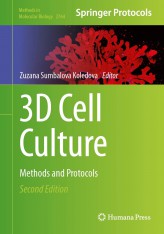
In Sumbalova Koledova, Z. (Eds.), 3D Cell Culture: Methods in Molecular Biology
Monteiro, M. V., Rocha, M., Gaspar, V. M., & Mano, J. F.
2024, 279-288, Humana.
ISBN:
978-1-0716-3674-9
Nanofertilizers—synthesis, advantages, and the current status
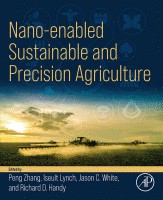
In Peng Zhang, Iseult Lynch, Jason C. White, Richard D. Handy (Eds.), Nano-Enabled Sustainable and Precision Agriculture
Rodrigues S.M.; Avellan A.; Salvador D.; Rodrigues S.; Miranda M.; Morais B.; Oliveira M.; Mano J.; Lowry G.V.
2023, Nano-enabled Sustainable and Precision Agriculture, 43-77, Elsevier.
ISBN:
978-032391233-4; 978-032399823-9
Animal Protein-based Soft Materials for Tissue Engineering Applications
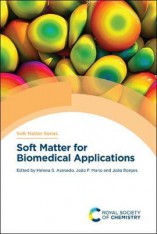
In Helena S. Azevedo, João F. Mano, João Borges (Eds.), Soft Matter for Biomedical Applications
C. A. Custódio, S. C. Santos, C. F. Monteiro, I. A. Deus, M. C. Gomes, J. F. Mano
2021, Royal Society of Chemistry.
ISBN:
978-1-78801-757-2
Extending the Functionality of Marine-origin Polysaccharides Through Chemical Modification for Biomedical Applications
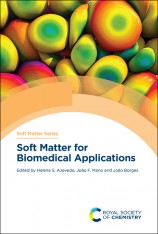
In Helena S. Azevedo, João F. Mano, João Borges (Eds.), Soft Matter for Biomedical Applications
João M. M. Rodrigues, Edgar J. Castanheira, Dora C. S. Costa, Djenisa H. A. Rocha, João Borges and João F. Mano
2021, 180-204, Royal Society of Chemistry (RSC).
ISBN:
978-1-78801-757-2
Cell-based soft biomaterials
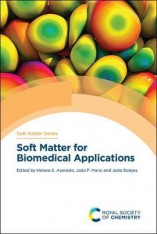
Soft Matter for Biomaterial Applications
A. Sofia Silva, Lúcia F. Santos, Mariana B. Oliveira and João F. Mano
2021.
ISBN:
978-1-78801-757-2
Smart Instructive Polymer Substrates for Tissue Engineering
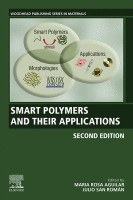
In Maria Rosa Aguilar, Julio San Román (Eds.), Smart Polymers and Their Applications
Catarina A.Custódio, Aránzazudel Campo, Rui L.Reis, João F.Mano
2019, 411-438, Woodhead Publishing .
ISBN:
978-0-08-102416-4


